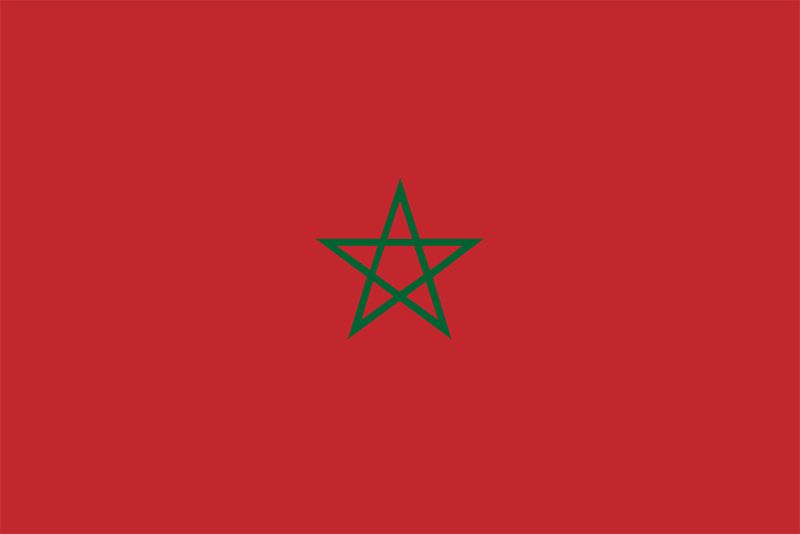How to Import Goods from Morocco to Nigeria
How to Import Goods from Morocco to Nigeria.
Importing from Morocco to Nigeria is not as easy as it sounds. It requires a lot of work, paperwork and cash. But the benefits are worth it. You get cheap Moroccan goods at a fraction of the cost you’d pay in Nigeria, which is good for your wallet and your pocket. Here are some tips on how you can import goods from Morocco to Nigeria.
1. When planning your trip, consider going through immigration at the airport before coming into the country. This will save you time when collecting your luggage
2. Don’t forget about customs clearance forms! These are required for all imports into Nigeria
3. Keep in mind that most items need to be accompanied by a certificate of origin or an invoice
4. Finally, don’t forget about taxes! Make sure you’re aware of what they’ll be applied too
Once you know what documents will be needed and have your strategy planned out, then all you need is a bit of patience.
What you need to import from Morocco
When importing from Morocco to Nigeria, there are a few key documents you’ll need at the very least.
The first is your passport. The second is customs clearance forms. These are required for all imports into Nigeria and usually come with the Moroccan seller’s invoice. The third document you’ll need is a certificate of origin. This also comes with the seller’s invoice and certifies where the goods came from. If you’re importing any food or cosmetics, you’ll also need an import license
Finally, don’t forget about taxes! Make sure you’re aware of what they’ll be applied too. Tax rates vary depending on the item being imported but most items will be taxed at 20 percent of their value
Importing Moroccan goods into Nigeria
Importing Moroccan goods into Nigeria is not as easy as it sounds. It requires a lot of work, paperwork and cash. But the benefits are worth it. You get cheap Moroccan goods at a fraction of the cost you’d pay in Nigeria, which is good for your wallet and your pocket.
Nigeria has strict import laws on any products coming in from other countries. This means that even if you find the perfect thing for your wardrobe at an affordable price in Morocco, you might still have to pay more to get it home.
But don’t worry! We’ve got all the information you’ll need to import Moroccan goods into Nigeria right here.
When planning your trip, consider going through immigration at the airport before coming into the country. This will save you time when collecting your luggage.
Don’t forget about customs clearance forms! These are required for all imports into Nigeria
Keep in mind that most items need to be accompanied by a certificate of origin or an invoice
Finally, don’t forget about taxes! Make sure you’re aware of what they’ll be applied too
Once you know what documents will be needed and have your strategy planned out, then all you need is a bit of patience.
Planning your trip and saving time at the airport
If you’re planning to travel to Morocco and then continue on to Nigeria, there are a few things to keep in mind. If you plan on going through immigration at the airport before coming into the country, this will save you time when collecting your luggage.
If you’re importing goods from Morocco to Nigeria, make sure you have the appropriate documents handy. Not only do certificates of origin or invoices need to accompany most items, but also customs clearance forms. In addition, be aware that some items may be subject to taxes as well as import duties, depending on what they are and where they come from.
In order for your trip from Morocco to Nigeria go smoothly, make sure you know what documents are required and have a strategy planned out before arriving at customs.
Customs clearance forms
It is important to know that customs clearance forms are required for all imports into Nigeria. The person bringing the goods into the country must be present at the port of entry and fill out a customs declaration form. This form is used to list all items being brought into the country and their value, which will determine the amount of import duty and taxes.
Taxation.
Nigerian customs charges taxes on imported goods. If you are importing goods from outside Nigeria, there are certain exemptions.
There are three types of taxes in Nigeria – customs duty, value-added tax (VAT) and excise duty.
The Nigerian government has classified imports into two categories: exempt and non-exempt imports.
An exempt import is an import that is not subject to any duties or taxes at all. The list of exempted items includes food, books, clothes, medicines, agricultural products and other similar items.
Non-exempt imports are taxed at various rates depending on the type of item being imported.
Importing from Morocco to Nigeria is not as easy as it sounds. It requires a lot of work, paperwork and cash. But the benefits are worth it! You get cheap Moroccan goods at a fraction of the cost you’d pay in Nigeria, which is good for your wallet and your pocket! Here are some tips on how you can import goods from Morocco to Nigeria.








LEAVE A COMMENT
You must be logged in to post a comment.